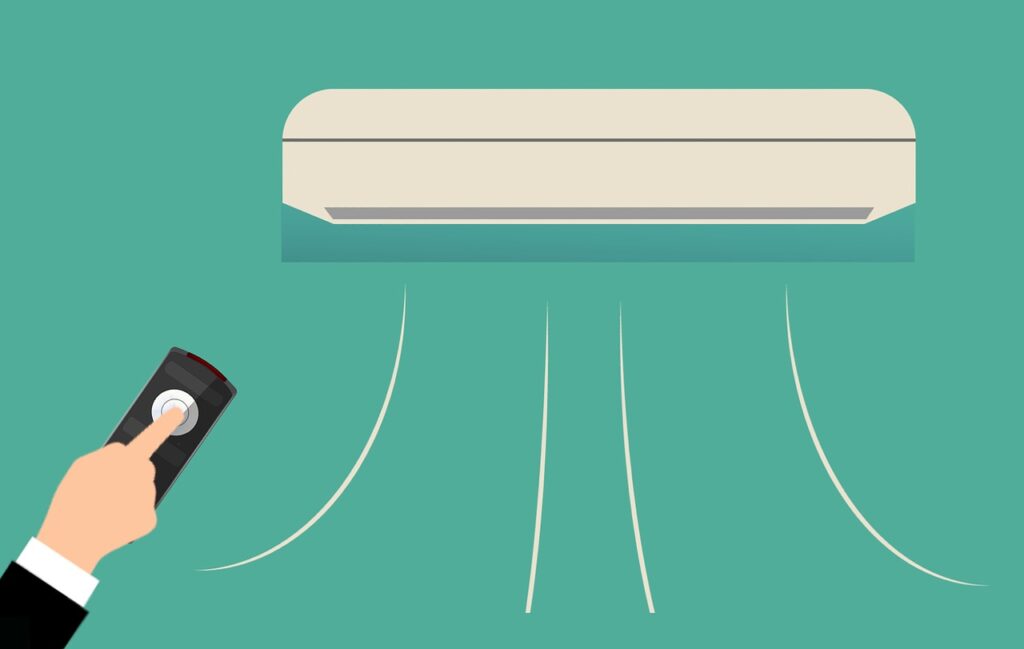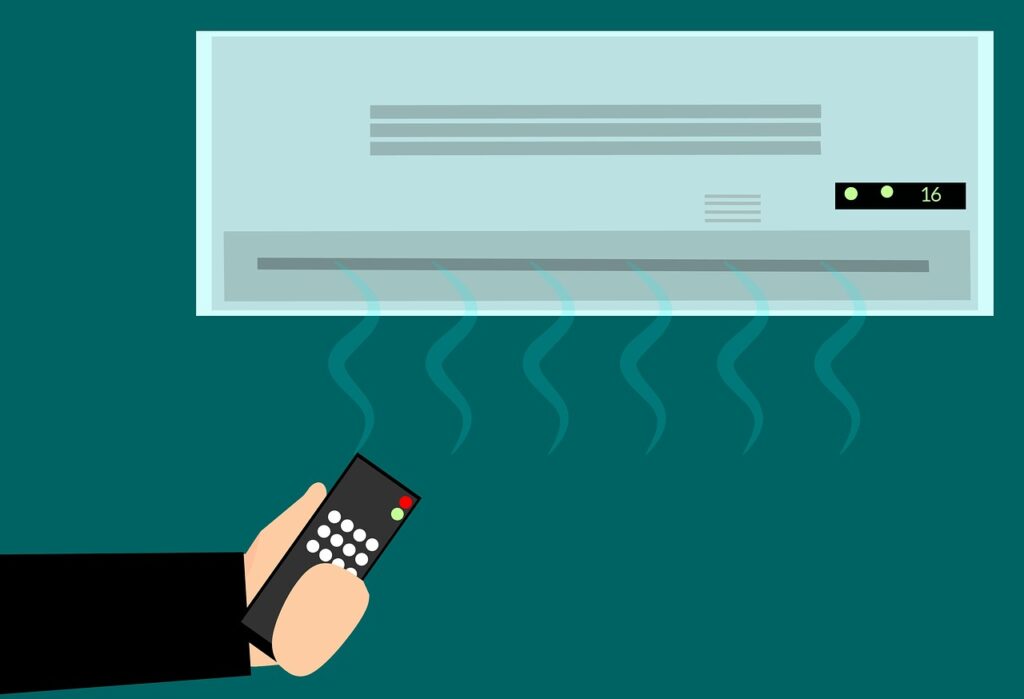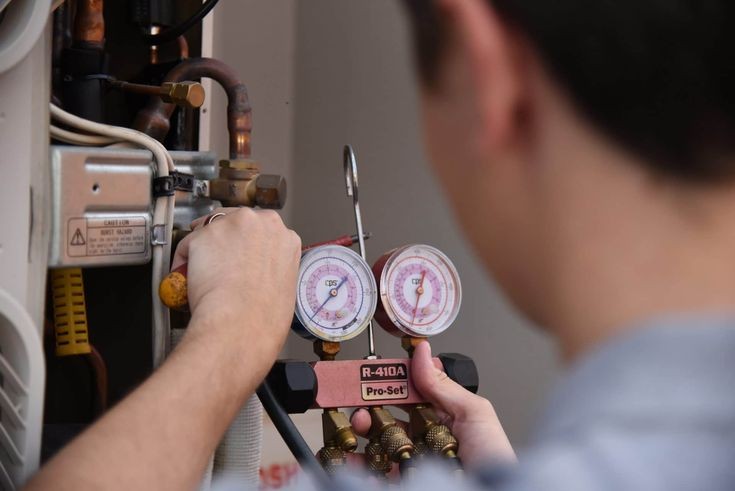Last updated on October 17th, 2023 at 10:19 pm
Air cooler, also known as evaporative coolers, have gained popularity as energy-efficient and environmentally friendly cooling solutions for homes and offices. They work by utilizing the process of evaporation to cool the surrounding air, making them a cost-effective alternative to traditional air conditioning systems.
However, just like any other appliance, air coolers can encounter issues, one of the most common being water leakage.
If you’ve noticed your air cooler leaking water, don’t fret – we’re here to help you understand the reasons behind this issue and guide you through the steps to fix it.
Why Your Air Cooler is Leaking Water & How to Fix It?
1. Improper Water Level Management
One of the primary reasons for water leakage in an air cooler is improper water level management. If the water tank is overfilled or underfilled, it can lead to leakage. When the tank is overfilled, water may spill through the overflow outlets, causing leakage. On the other hand, an underfilled tank can cause the water pump to suck in the air, leading to improper water circulation and potential leakage. To fix this issue, ensure that you maintain the water level within the recommended limits specified by the manufacturer. Typically, the water level should be below the maximum level mark and above the minimum level mark.
Solution: Regularly check and maintain the water level according to the manufacturer’s guidelines. Adjust the water level if necessary to prevent overfilling or underfilling.
2. Clogged Water Drainage System

Another common cause of water leakage is a clogged water drainage system. Over time, dust, dirt, and mineral deposits can accumulate in the water drainage tubes, obstructing the flow of water and causing it to leak from unintended areas. A blocked drainage system can also lead to water overflowing from the cooler, resulting in leakage.
Solution: Periodically inspect and clean the water drainage tubes to ensure they are free from any obstructions. You can gently remove debris or deposits by using a soft brush or pipe cleaner.
3. Damaged Water Pump
A malfunctioning water pump can also contribute to water leakage in your air cooler. The water pump is responsible for circulating water from the tank to the cooling pads. If the pump is damaged or improperly functioning, it can lead to water buildup and eventual leakage.
Solution: Check the water pump for any signs of damage or irregularities, such as unusual noises or poor water circulation. If you suspect a faulty pump, consider replacing it with a new one per the manufacturer’s recommendations.
4. Incorrect Cooling Pad Placement
The cooling pads in an air cooler play a crucial role in the cooling process. If the cooling pads are not properly placed or are misaligned, water may not be distributed evenly, causing excess water to accumulate and leak from the cooler.
Solution: Ensure the cooling pads are correctly installed and aligned according to the manufacturer’s instructions. Proper placement will facilitate even water distribution and prevent leakage.
5. High Humidity Levels

Air coolers may struggle to efficiently evaporate water and maintain proper cooling in areas with high humidity levels. Excess humidity can lead to water condensation on surfaces within the cooler, contributing to leakage.
Solution: While you may not have direct control over outdoor humidity levels, you can manage indoor humidity by ensuring proper ventilation and using a dehumidifier. Additionally, consider using the air cooler with a fan to enhance air circulation and aid in evaporation.
Key Takeaway
In conclusion, if your air cooler leaks water, it’s essential to identify the root cause and address it promptly to avoid further damage and ensure optimal performance. Regular maintenance, proper water level management, and periodic cleaning are key to preventing water leakage. Following the above solutions and adhering to the manufacturer’s guidelines, you can enjoy the benefits of a well-functioning and efficient air cooler throughout the hot summer months.
Remember, if you encounter complex issues or are unsure about performing repairs yourself, it’s always a good idea to consult the manufacturer’s customer support or seek assistance from a professional technician to ensure the safety and longevity of your air cooler.
